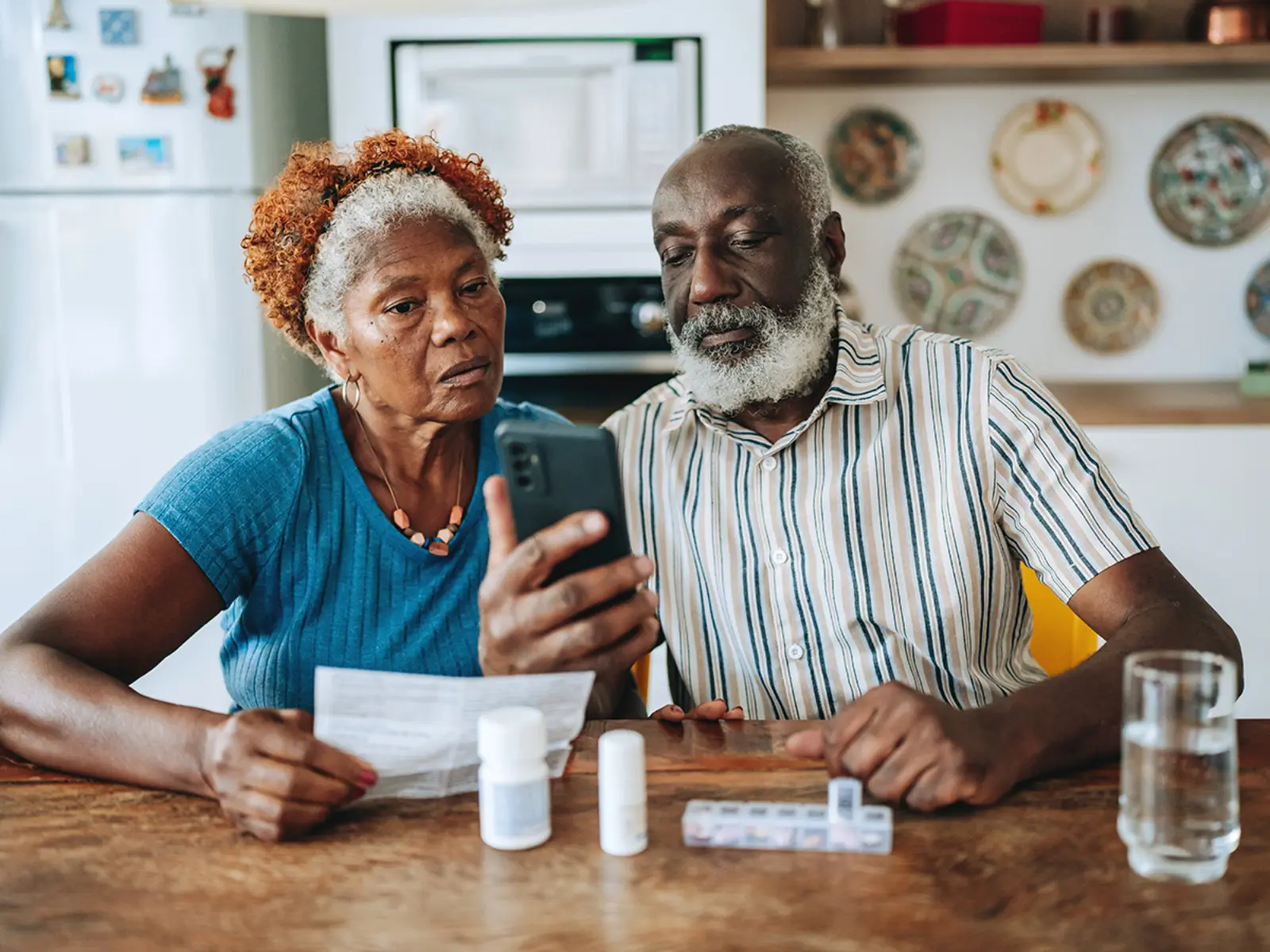Op-ed: Colorado and Arnold Ventures team up on data-driven decision-making
![AV CO Partnership]()
Evidence and Evaluation
Op-ed: Colorado and Arnold Ventures team up on data-driven decision-making
Op-Ed

By the Numbers: The Stark Reality of Our Nation’s Fiscal Challenges
![AV Feature Image Tax Day]()
Federal Tax Policy
By the Numbers: The Stark Reality of Our Nation’s Fiscal Challenges
Federal Tax Policy
What They Are Saying About the Senate Budget Resolution and the Current Policy Baseline

Reducing Federal Health Spending by Cutting Unnecessary Costs, Not Coverage
![Medicare pricing]()
Drug Prices
Reducing Federal Health Spending by Cutting Unnecessary Costs, Not Coverage

Extend the Statute of Limitations for Pandemic UI Fraud or Let Criminals Walk Free
![AV Feature Image UI Fraud]()
Program Integrity
Extend the Statute of Limitations for Pandemic UI Fraud or Let Criminals Walk Free
Federal Tax Policy
Can ≠ Should: Why Using a Current Policy Baseline is a Recipe for Disaster, Even If Senate Procedure Allows It

Bridging the Criminal Justice Research Gap
![Learning What Works in Domestic Violence Prosecution_Presentation]()
Criminal Justice
Bridging the Criminal Justice Research Gap

Top four takeaways from our new innovative partnership in Oklahoma
![OK Partnership]()
Evidence and Evaluation
Top four takeaways from our new innovative partnership in Oklahoma

Learning What Works in Domestic Violence Prosecution
![Learning What Works in Domestic Violence Prosecution_Presentation slide]()
Prosecution
Learning What Works in Domestic Violence Prosecution

Top three takeaways from the Colorado Partnership for Proven Initiatives
![AV CO Press Briefing]()
Evidence and Evaluation
Top three takeaways from the Colorado Partnership for Proven Initiatives

To Bring Manufacturing Back to America, Close the Round-Tripping Loophole
![AV Feature Image Manufacturing]()
Federal Tax Policy
To Bring Manufacturing Back to America, Close the Round-Tripping Loophole

John Arnold’s Top Three Health Care Reforms
![TBHF Creators2025 Speakers Series Kyle Klose 014]()
Commercial Sector Prices
John Arnold’s Top Three Health Care Reforms

AV Research Grants Build Evidence for Policy Solutions at Work in the Real World
![Adobe Stock 456464530]()
Contraceptive Choice and Access
AV Research Grants Build Evidence for Policy Solutions at Work in the Real World

George Callas on The Julie Mason Show "Congress Can Do Both"
![Image of U.S. Capitol building.]()
Federal Tax Policy
George Callas on The Julie Mason Show “Congress Can Do Both”

Heads I Win, Tails You Lose: The Myths Behind “Current-policy Baseline”
![Heads I Win Tails You Lose]()
Federal Tax Policy
Heads I Win, Tails You Lose: The Myths Behind “Current-policy Baseline”

Ask the Experts: The Shift to Population-based Payment Models for Clinicians
![Doctor Hands]()
Provider Payment Incentives
Ask the Experts: The Shift to Population-based Payment Models for Clinicians

A Budget Gimmick That Sets a Dangerous Precedent
![Angled image of u.s. congress building with blue sky in background.]()
Federal Tax Policy
A Budget Gimmick That Sets a Dangerous Precedent
Op-Ed

State Public Safety Leaders are Meeting to Share Good Ideas
![Public Safety Leaders]()
Community Safety
State Public Safety Leaders are Meeting to Share Good Ideas

National Poll Shows Voters Want Action to Lower Health Care Prices
![Working from home Getty Images 1150297086]()
Commercial Sector Prices
National Poll Shows Voters Want Action to Lower Health Care Prices
Evidence and Evaluation
Q&A: What does impactful research look like for Evidence and Evaluation?

About Us
We strive to maximize opportunity and minimize injustice by investing in systemic solutions that will outlast our funding.






